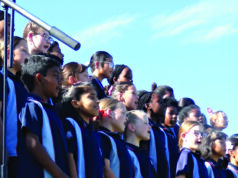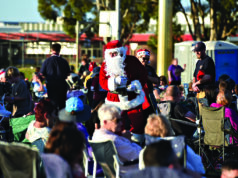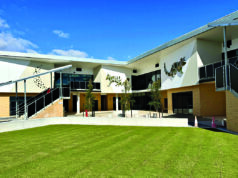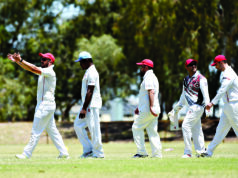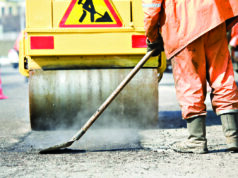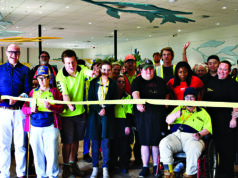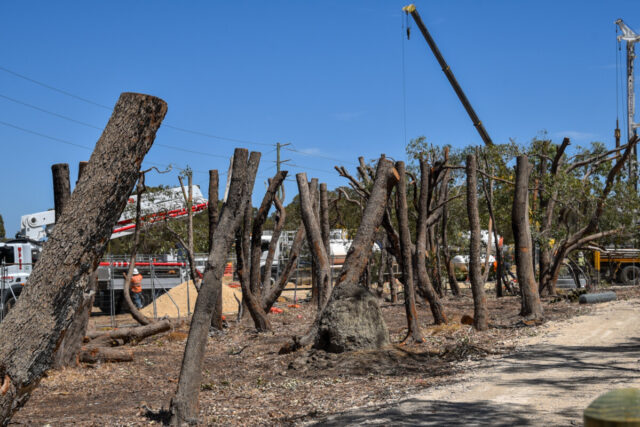
Local residents are furious after 40 trees from ecologically sensitive bushland in Wungong were ‘poleaxed’ in what appears to be a last-minute adjustment to relocate high voltage power lines for Metronet’s Eleventh Rd road-over-rail bridge.
City of Armadale Bush Environment Working Group chair Pat Hart said the lack of communication from Metronet over this latest plan was even more upsetting.
“These trees were never identified for removal, and no one was properly consulted. It’s completely disrespectful the way this has been handled. We’re all very angry,” she said.
“It’s progress – but at what cost?
“Everything’s about timelines and constraints, they just bulldoze through – it’s absolute arrogance.
“We’re not radicals. We just want the right thing done by the environment and the community.”
The City of Armadale has also been left ‘stunned’ by the ‘destruction’ of the 31 mature Marri trees and a number of small salmon white gums in Fletcher Park over the February 17-18 weekend.
The city is responsible for Fletcher Park’s management, and does so in accordance with an Environmental Management Plan.
“The vegetation that was irreparably damaged is a Threatened Ecological Community that is critically endangered under the Environmental Protection Act 1986 (WA), and provided foraging and breeding habitat, considered a Matter of National Environmental Significance, for the vulnerable Forest Red-Tail Black Cockatoo under the Environmental Protection and Biodiversity Conservation Act 1999 (Cth),” City of Armadale CEO Joanne Abbiss said.
Ms Abbiss said the city was only advised at the eleventh hour “that these works were going ahead and could not be stopped because Western Power insisted on a 9.5m clearance from powerlines, and the Metronet program could not be delayed”.
The City of Armadale asked for an urgent meeting with MetCONNX (Metronet’s contractor), the Public Transport Authority, and Western Power.
But Ms Abbiss said only during that meeting was it revealed that it was a fait accompli.
“The city was shocked to discover that the works had taken place over the weekend without express permission or agreement by the city,” she said.
“The imminent death of these trees is directly contrary to the Tree Retention and Planting Strategy outlined in the Byford Rail Extension Fact Sheet, and the overall goal to green the rail corridor and support native flora and fauna.”
To add insult to injury, Ms Abbiss said the works were done in the midst of a total fire ban day.
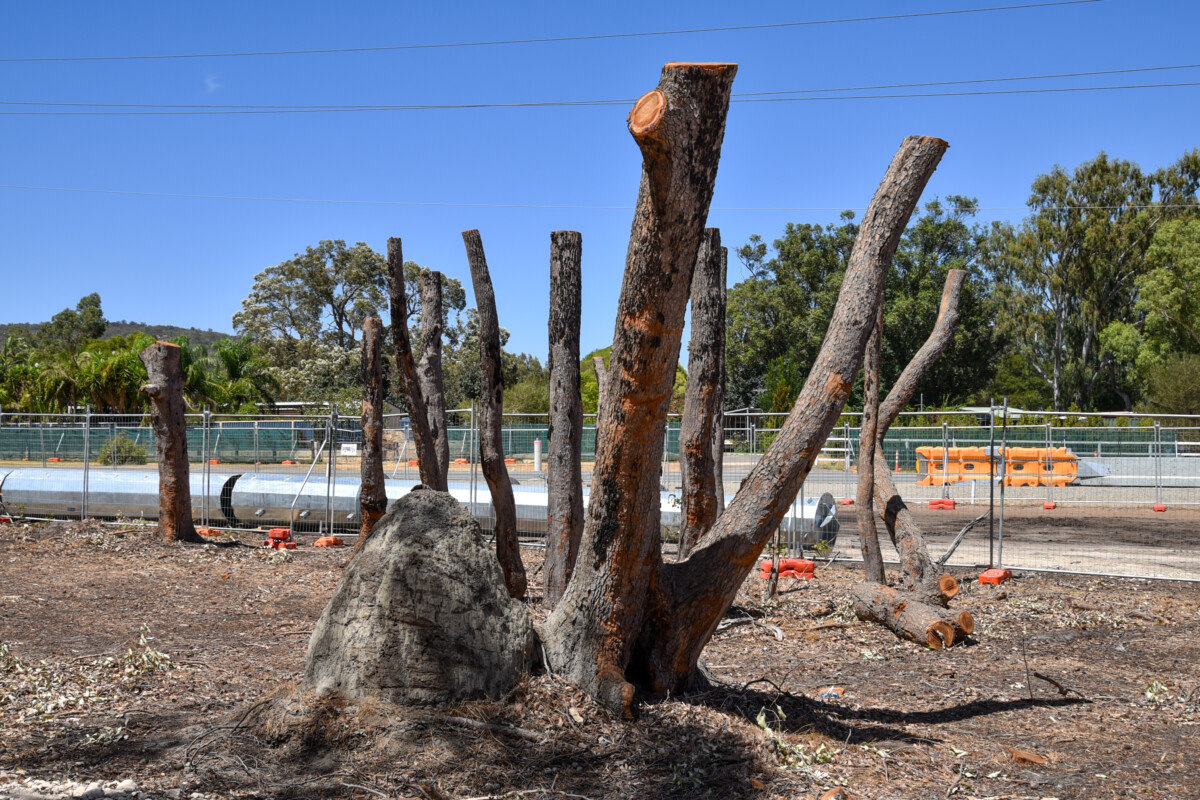
In response, a spokesperson for Metronet said the ‘pruning’ took place on Monday, February 19 (not a total fire ban day), and they had “consulted extensively with the City of Armadale and its Bushcare and Environmental Advisory Committee relating to tree clearing in Fletcher Park”.
“This included close consultation with Western Power and an arborist, where the existing canopy in Fletcher Park was surveyed and an area of trees was identified for pruning and rehabilitation,” they continued.
The spokesperson said Metronet had tried to limit the damage by considering all possible options.
“Multiple alternatives for the new alignment of the power lines were considered, with the final location being the least intrusive on private property and Fletcher Park,” they said.
“Metronet has consulted and worked extensively with local governments, community groups, arborists, and utility companies to maximise tree retention and to minimise environmental impacts across the Byford Rail Extension project, including in Fletcher Park.”
But there are serious doubts being raised by the City of Armadale, Fletcher Park custodians, and community members about whether an arborist was involved in this particular process.
“They’ve actually just poleaxed the trees from head height,” Pat Hart said. “Some of these trees were over 50 years old.”
“I don’t believe they’ve worked with an arborist, who would have advised cutting them down to a level they could reshoot. Instead, they’ve just massacred them – they’re all done.”
Joanne Abbiss said the City of Armadale had not seen any evidence an arborist was consulted nor had they been provided with a summary of their findings.
She said they had “major environmental concerns with the irreparable damage of this precious vegetation”, including that the pruning method used “is unlikely to meet Australian Standards”, that “the potential viability of the stumps that remain is low”, that the “pollarding of native trees should not take place in the height of the summer as their long-term viability is compromised”, and also that “there appears to be no knowledge or signs of any fauna relocation, community engagement, salvage or habitat log retention”.
In addition, no revegetation plan was provided or approved by the city.
Pat Hart is still smarting over the Denny Avenue level crossing removal which saw a large amount of sediment run-off pollute parts of the nearby Canning River.
She believes these events set a worrying precedent and is calling for greater accountability from the state government.
“How can we have confidence in these major projects if this is how they go about them?” she said.
“It’s not acceptable, and someone needs to be answerable for this to the community.”





